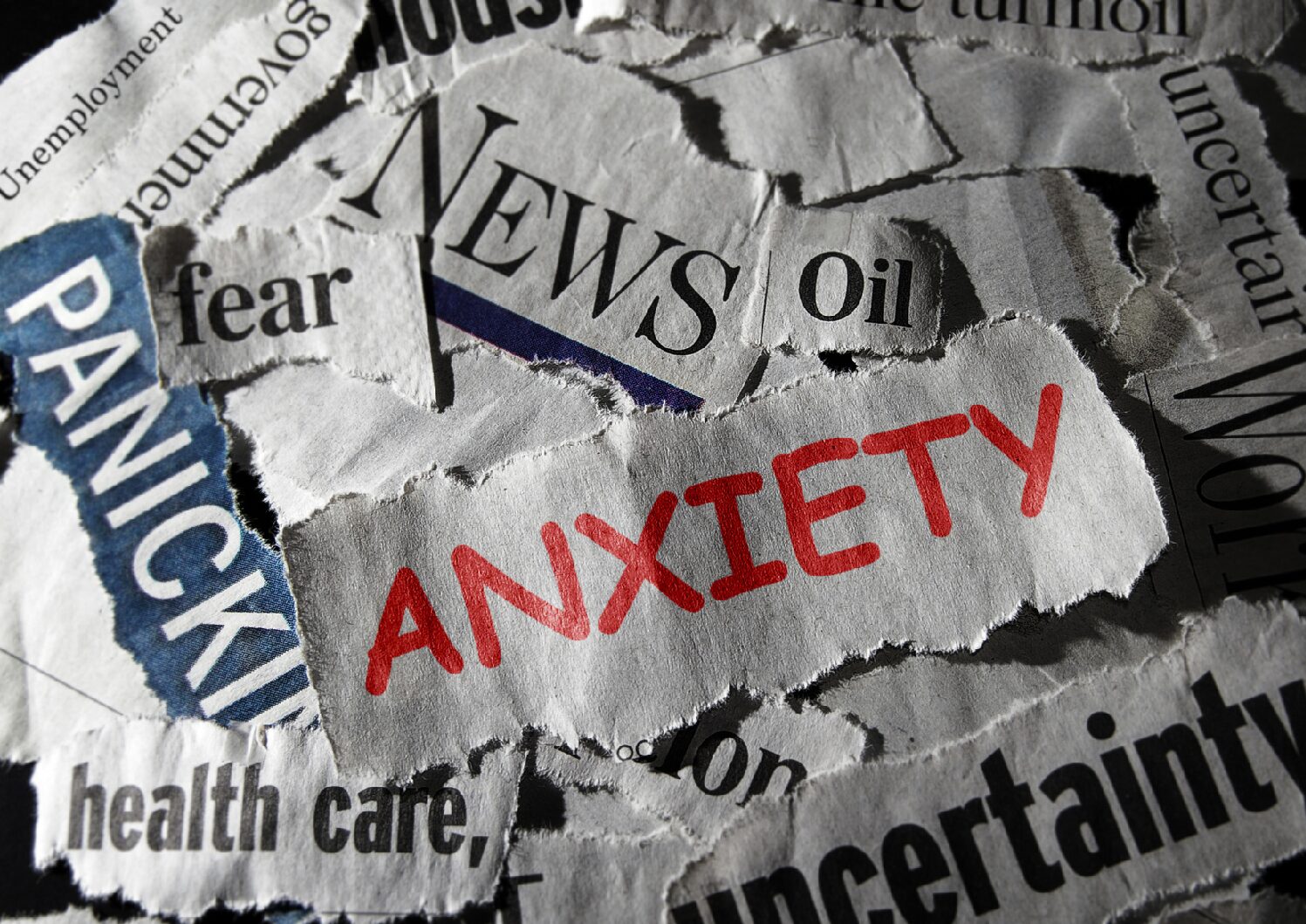Many of us are keen to be up to date with world affairs, and even for those who prefer not to follow the news, it’s actually quite difficult to avoid it when news is delivered over social media, tv, radio and via friends and family. It is easy to see how a news cycle that is now updated 24 hours a day, and readily accessible on smartphones wherever we are in the world, can have a big impact on our mood and mental health.
Understandably, the events of the past two years alone are increasingly making us feel overwhelmed, stressed, and depressed. An American study noted that 68% of those surveyed experienced news fatigue, simply feeling worn out by all the information out there.
We caught up with Clinical Psychologist and Director of Talk Works, Dr Jennifer Cottam, who shares 5 top tips if the news is making you feel overwhelmed or anxious
- Choose how and when you access news. If it’s important to you to have information on current events, then do so at a time and in a manner of your choosing. E.g., you might choose to switch off news notifications on your smartphone if they become overwhelming and choose to read a newspaper on a Sunday or watch the 6pm nightly news instead. If you know that the news makes you feel anxious, don’t access it just before you’re going to bed as this may disturb your sleep.
- Focus on what is within your control. Take action if that feels appropriate to you. Some people choose to donate their time, supplies or money to causes that they’re passionate about, which can help avoid that “helpless” feeling.
- Make people aware. Let people know if a conversation about current affairs is making you feel anxious. This doesn’t mean that you’re not concerned nor that it’s not important, nor that the topic is always off-limits, just that a conversation at this moment in time may be too much.
- Be kind to yourself. The pandemic has heightened stress for many of us. Lots of people are experiencing anxiety, feeling on edge and alert to danger. Distressing news exacerbates this. Our brains are designed to tune us in to possible dangers, to keep us awake and alert to threat. It’s ok to feel anxious just now; that’s your brain doing its job in times of uncertainty.
- Seek help, if anxiety is getting in the way of your everyday life. Friends and family are often a good place to start. If you are employed, ask your employer about occupational health support. Many employers have access to employee assistance programmes that can offer counselling. Your GP can offer excellent help too in terms of signposting to talking therapies and medication.
If you feel you would benefit from speaking with a psychological therapist, please contact us at talktous@talk-works.org.uk

